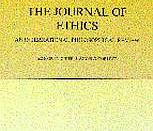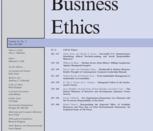The word ethics means different things to different people. Depending on where you grew up, who you were raised by, what kind of family life you had, what race you were, etc. etc. There have been many scholars who can argue that ethics is an essential part of who we are. People are attracted to others who have similar ethics that they themselves hold dear to their heart. They in return pass these ethics down to their offspring. What is unethical to one person can be perfectly acceptable to another. For this reason, it is difficult to agree on a definition of ethics. I will use the definition from the Merriam-Webster Online Dictionary. "Ethic" is defined as follows: "a set of moral principles or values."
In this specific situation I would include the information and risk the chance of loosing my position. Ethics are very valuable and hopefully the supervisor would be able to recognize that fact.
An ethical dilemma is a situation where each side of an issue can be supported with valid arguments. For example, if a manager suspects a best-selling product is dangerous, does she pull it from the shelves or wait for test results? An ethical lapse is a situation in which a person makes a decision that is clearly wrong. If a salesperson knows the product is on sale, but charges a customer full price to receive a larger commission, this is an ethical lapse. I feel this would be considered an ethical lapse. It is either right or wrong. There are no shaded areas between right and wrong. You can either include the information knowing you made the right decision or knowingly hold the information, in order to keep a position. If a supervisor was to put someone in that position, I would not...


